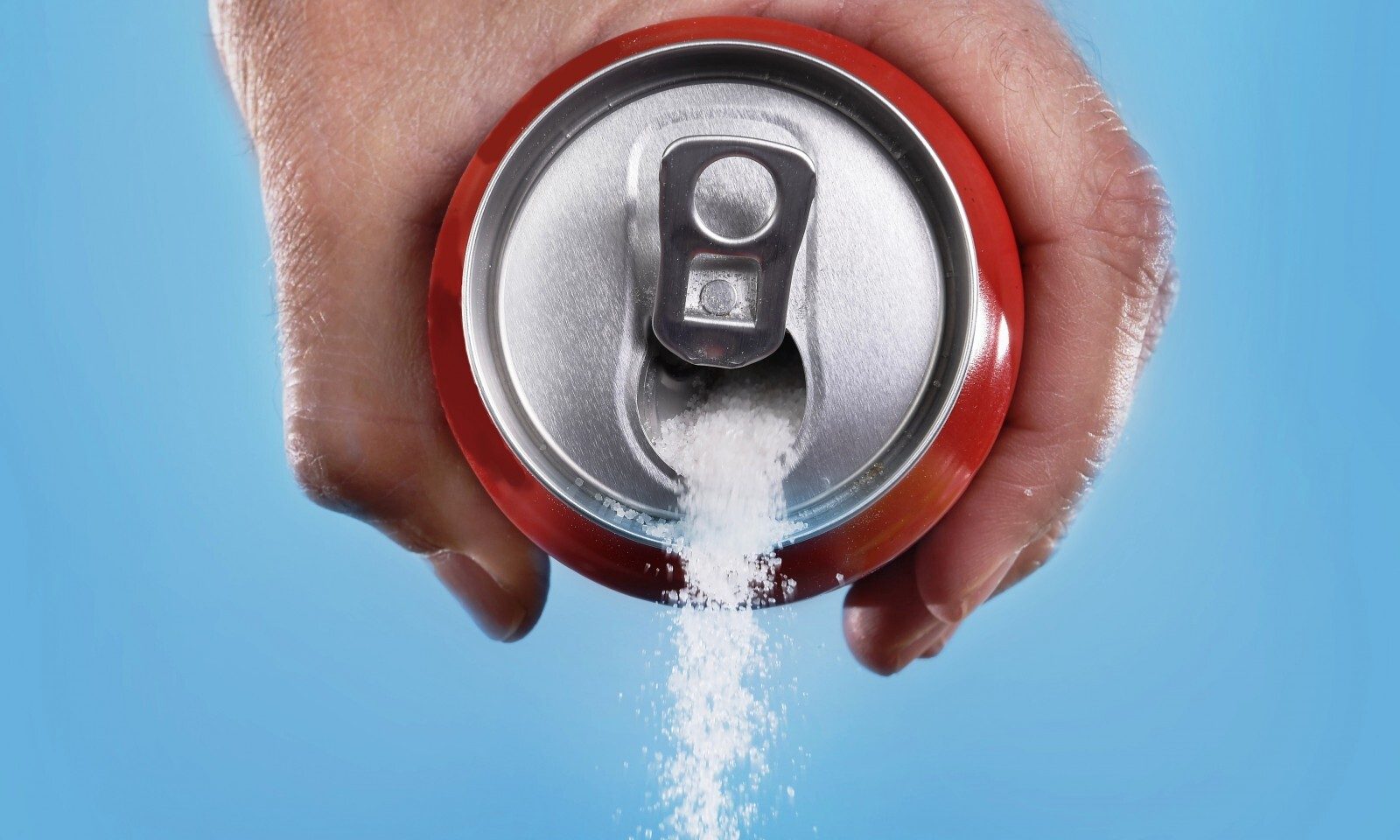
A sugar tax makes headlines for a Budget that forecasts lower growth
A sugar tax on soft drinks was the rabbit that UK Chancellor George Osborne pulled out of his proverbial hat (or his red Budget box) at today’s Budget speech. It is expected to be implemented in 2018, to give companies time to adjust, but soft drinks companies A. G. Barr, Britvic and Coca-Cola HBC are already affected, with their shares dropping 4.9%, 2.5% and 0.6% respectively following the Chancellor’s announcement.
The Government will also increase tobacco duty by 2% above inflation; duty for hand-rolling tobacco will be subject to a 5% hike above inflation. Duty on beer and cider has been frozen; given that around 27 pubs close down weekly, this is expected to keep beer and cider duty independent of inflation. Fuel duty is frozen at 57.95p per litre, the level that the Government has maintained since the March 2011 Budget.
Small businesses were promised support, as Osborne announced relief on business rates as well as two types of tax-free allowances for micro-entrepreneurs, on trading and property income. The Government will also be looking at a roadmap for a ‘modern tax system’, with aims of lowering corporation tax to 17% by the end of the decade. It also plans to introduce a diverted profits tax.
The budget offered boons to both low and high earners. Personal tax allowance increases to £11,500 – part of the Government’s target of £12,500 – by 2020. This ensures that earners on the National Minimum Wage who work 30-hour weeks will pay no income tax in 2017-18. Meanwhile, the level for 40% income tax jumps to £45,000. The Treasury describes this as ‘the biggest above-inflation cash increase to this threshold since it was introduced by Lord Lawson in 1989’.
In addition to this, adults under 40 will have access to a Lifetime Individual Savings Account (ISA). Launching in 2017, it will offer savers a 25% bonus from the government. Individuals looking to buy a home will be able to avail themselves of the funds after a year, while those planning on collecting a pension can do so at the age of 60 or over. It is possible for savers to have concurrent standard and Lifetime ISAs – with a £20,000 limit – and savers with an existing Help to Buy ISA can transfer the funds into a Lifetime ISA.
The Government also aims to improve academic performance to equip school children more for the workplace. All schools will be academies by 2020, or will have plans to do so by 2022. Academy schools are funded by the Department of Education, free from local authority control. The change will affect 1,306 secondary schools and 14,326 primary schools. Schools will also be in the running to bid for funding for an extra five hours of lessons or co-curricular activities a week.
The Chancellor also included his Northern Powerhouse proposals in the speech, announcing a HS3 rail scheme. He also announced funding for the widening of the M62, to ease the journey between Leeds and Manchester, as well as for a trans-Pennine railway.
The Treasury expects the measures outlined in today’s Budget report to assist the UK economy towards achieving a budget surplus. However, these come at a time where ‘financial markets are turbulent’ and the International Monetary Fund (IMF) has warned of global ‘economic derailment’. The Office for Budget Responsibility (OBR) has revised its UK growth forecasts this year down from 2.4% to 2%, while also estimating that inflation will occur at 0.7% this year. External events such as China’s economic slowdown and falling oil prices continue to affect the UK economy, and the UK would be on track to meet its revised growth forecasts should it remain in the UK, cautioned Osborne.

 020 7898 0500
020 7898 0500